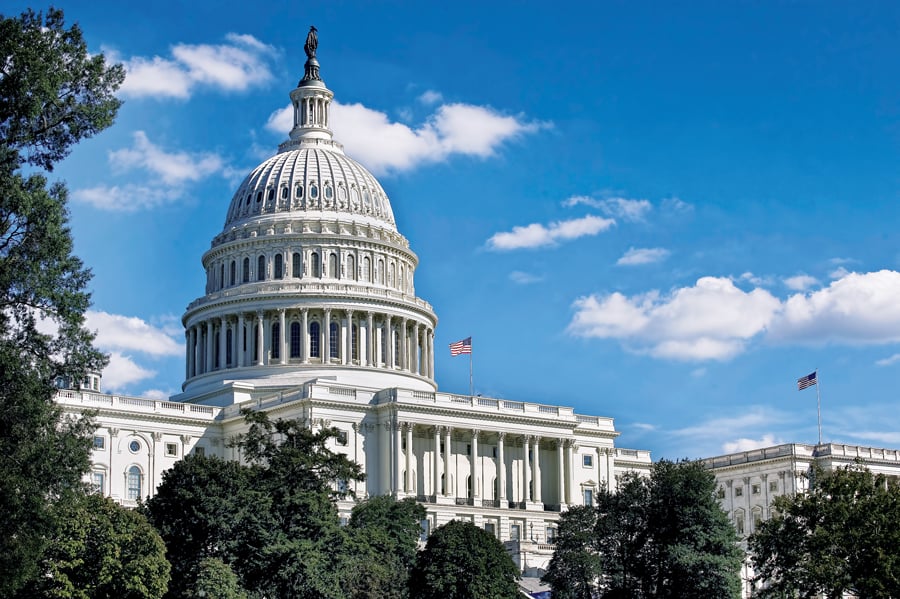

A member of Congress is renewing a push to open 403(b) plans to the kind of institutional investments that have taken hold in the 401(k) world.
Last Wednesday, Rep. Jimmy Panetta, D-Calif., reintroduced a bill that would make collective investment trusts legal within 403(b)s, the defined-contribution plans commonly used by nonprofits, schools and churches.
CITs, which are bank products, have been gaining market share in 401(k)s for years. As of 2016, they represented 28% of plan assets, although they accounted for at least 43% of money in plans with at least $1 billion, data from the Investment Company Institute and BrightScope show.
CITs are not funds and do not have the same reporting requirements, although many investment providers have adapted the products to make them feel like mutual funds by adding prospectus-like documents and disclosing holdings and prices more frequently.
Although mutual funds are available in low-cost institutional share classes, CITs usually have a slight pricing advantage as a result of their lower distribution and marketing costs.
For example, actively managed CITs have net fees of 37 basis points on an asset-weighted basis, compared to 65 bps for mutual funds with identical investment strategies, according to data from Morningstar. For passive CITs, that figure is 5 bps for CITs and about 8 bps for mutual funds.
The text of Panetta’s new bill was not posted to Congress’s website as of Monday. But the version introduced over a year ago would revise the Internal Revenue Code, the Investment Company of 1940 Act and the Securities Act of 1933 to allow 403(b)s to use CITs. Under current law, most 403(b) plans do not have that option, and plan sponsors have had to seek permission individually from the IRS to do so.
Last year, the bill died in committee. Observers have said the idea is unlikely to succeed on its own but could be passed as part of a larger tax or retirement package.

While industry statistics pointing to a succession crisis can cause alarm, advisor-owners should be free to consider a middle path between staying solo and catching the surging wave of M&A.

New joint research by T. Rowe Price, MIT, and Stanford University finds more diverse asset allocations among older participants.

With its asset pipeline bursting past $13 billion, Farther is looking to build more momentum with three new managing directors.

A Department of Labor proposal to scrap a regulatory provision under ERISA could create uncertainty for fiduciaries, the trade association argues.

"We continue to feel confident about our ability to capture 90%," LPL CEO Rich Steinmeier told analysts during the firm's 2nd quarter earnings call.
Orion's Tom Wilson on delivering coordinated, high-touch service in a world where returns alone no longer set you apart.
Barely a decade old, registered index-linked annuities have quickly surged in popularity, thanks to their unique blend of protection and growth potential—an appealing option for investors looking to chart a steadier course through today's choppy market waters, says Myles Lambert, Brighthouse Financial.
